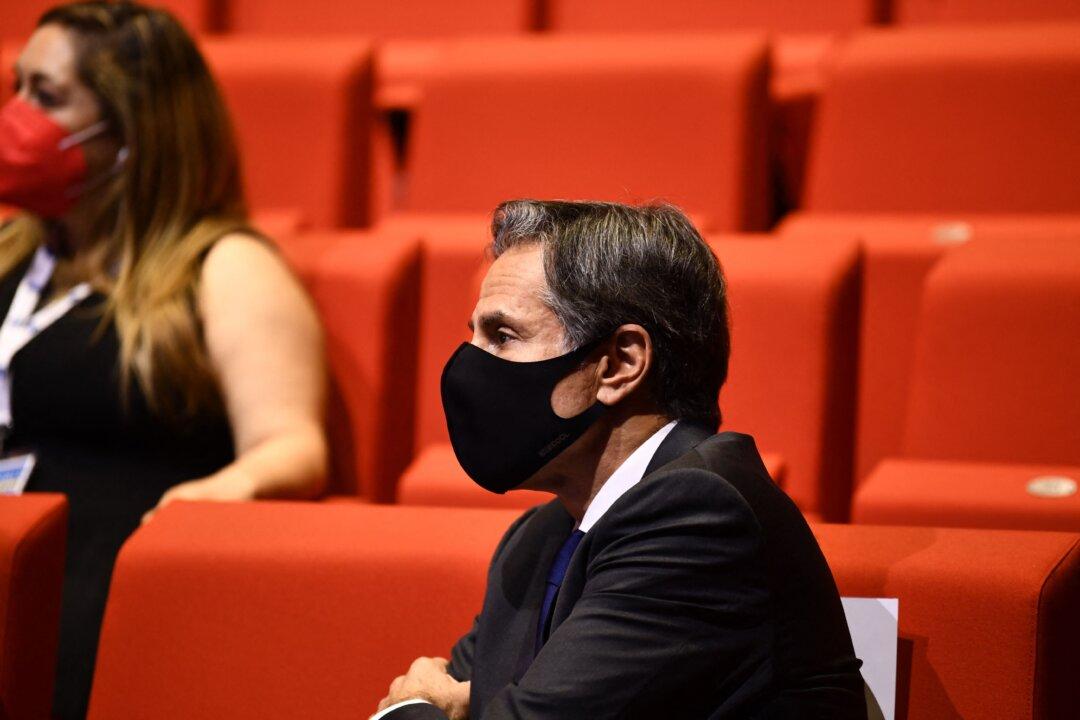Iran’s nuclear ambitions are a problem that can best be resolved through diplomacy, according to U.S. Secretary of State Antony Blinken.
Blinken made the remarks in Rome at the end of the G-20 conference.

Iran’s nuclear ambitions are a problem that can best be resolved through diplomacy, according to U.S. Secretary of State Antony Blinken.
Blinken made the remarks in Rome at the end of the G-20 conference.